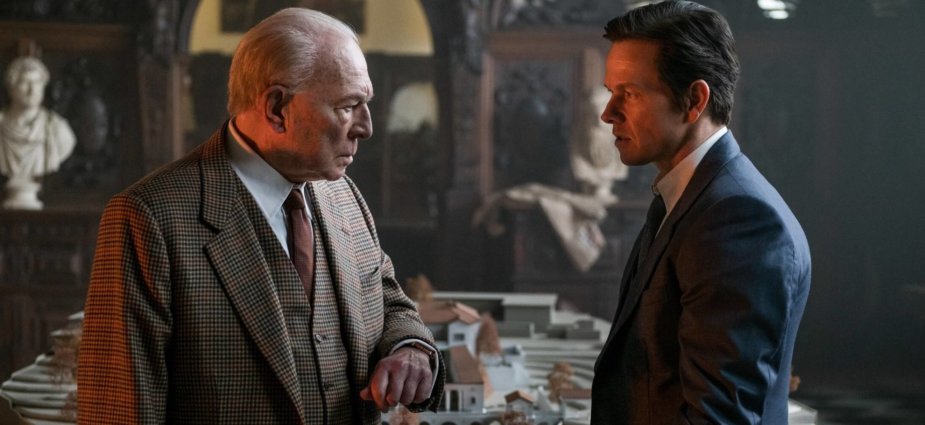If you are looking for a thrilling ride into the amoral world of the insanely rich, then All the Money in the World (or All the Money) is the way to go.
Directed and produced by Sir Ridley Scott, All the Money is inspired by the 1973 kidnapping of John Paul Getty III (portrayed by Charlie Plummer), the grandson of oil tycoon J. Paul Getty (Christopher Plummer). At that point in time, Getty Sr. was the richest man in the history of the world.
However, in spite of the appeals of his former daughter-in-law, Gail Harris (Michelle Williams), Getty Sr. refused to pay his grandson’s ransom.
While the middle of the film became somewhat repetitive, All the Money was an enthralling screen experience. We are subject to Getty III’s treatment at the hands of the Italian mafia, including his complex camaraderie with one of the more empathetic kidnappers, Cinquanta (Romain Duris).
However, it is Ridley’s exploration of the ‘behind-the-scenes’ dealings that imbue All the Money with emotional power. Getty Sr. insists that his refusal to pay is out of consideration for the safety of his other grandchildren.
Nevertheless, it becomes obvious that he has come to define his own self-worth in terms of wealth. And despite no longer having a claim to the Getty fortune, Gail is vilified by the press for being an uncaring and materialistic mother.
Mark Wahlberg offers considerable comedic relief as Fletcher Chase, a former CIA operative and Getty Sr.’s current advisor.
All the Money in the World is dark and deeply intoxicating, much like the dollar bills grasped in the white-knuckled hands of J. Paul Getty.
Readers also enjoyed this review of The Commuter on The West End Magazine.





